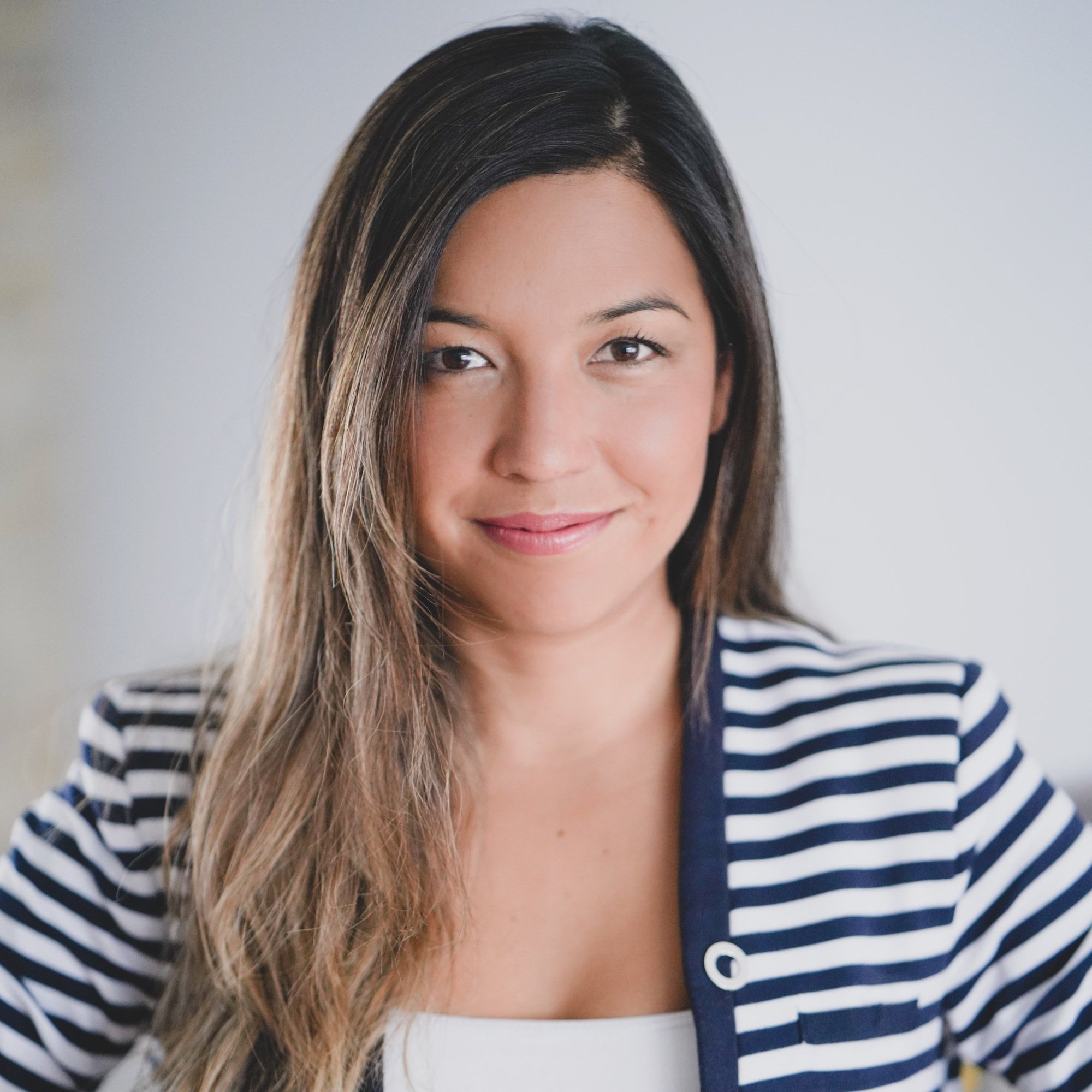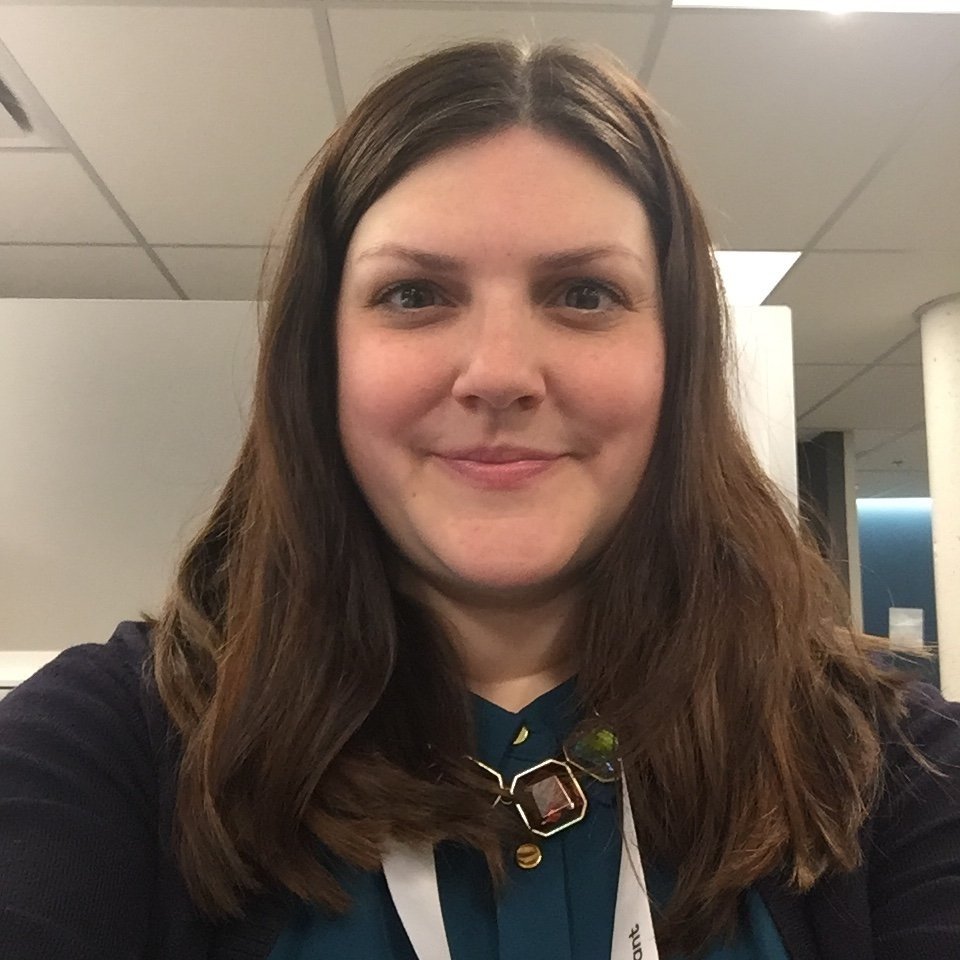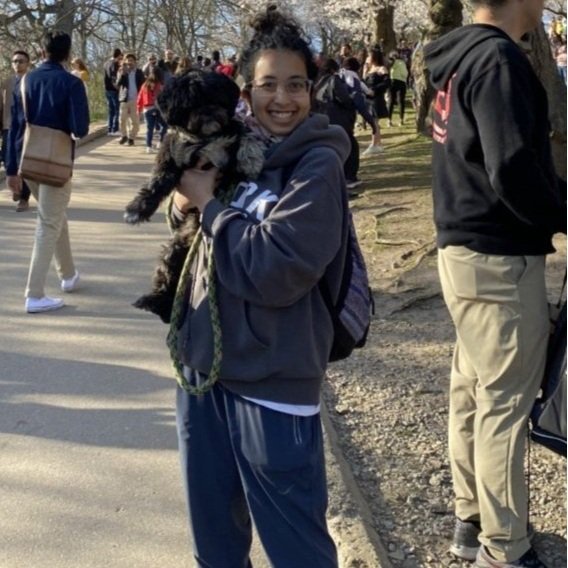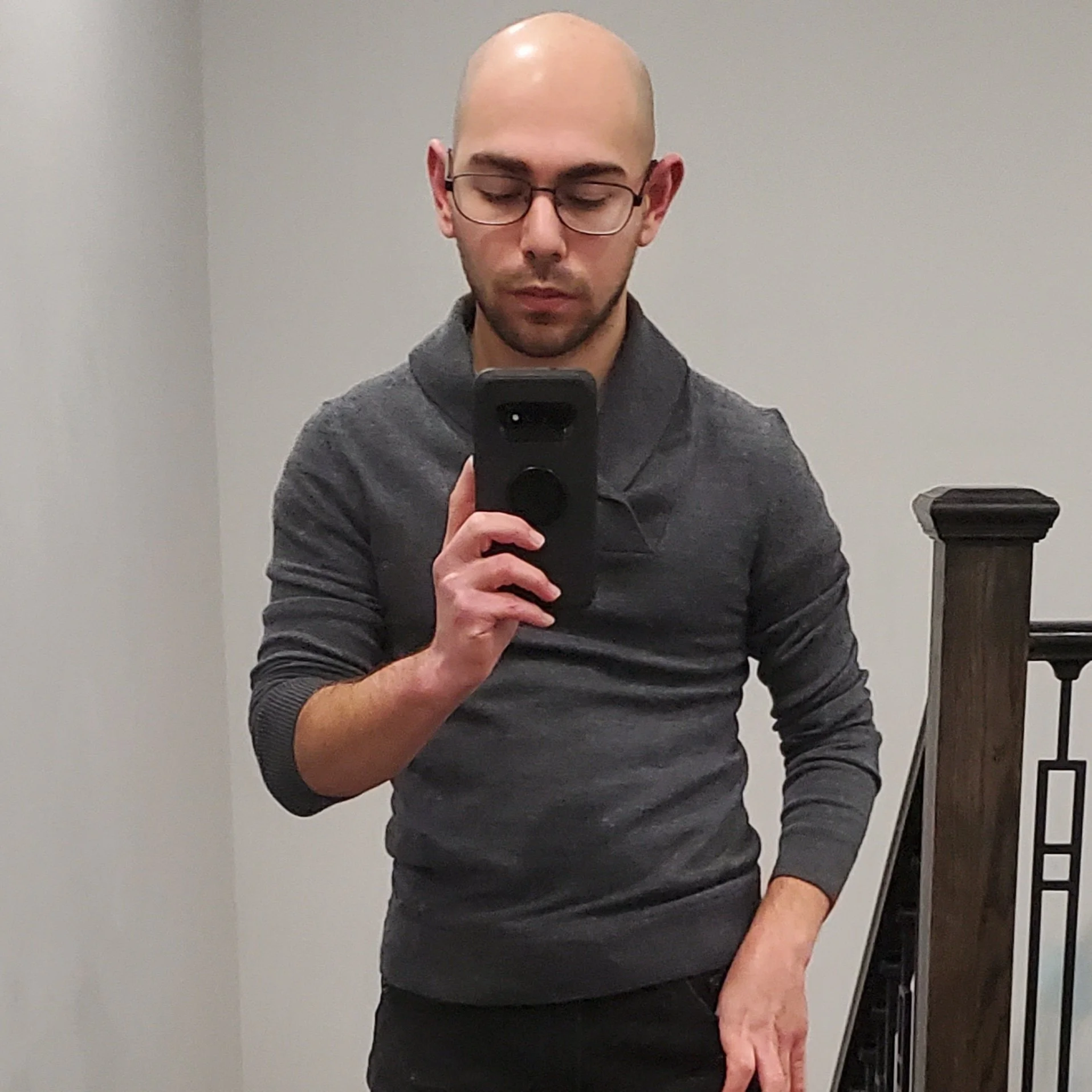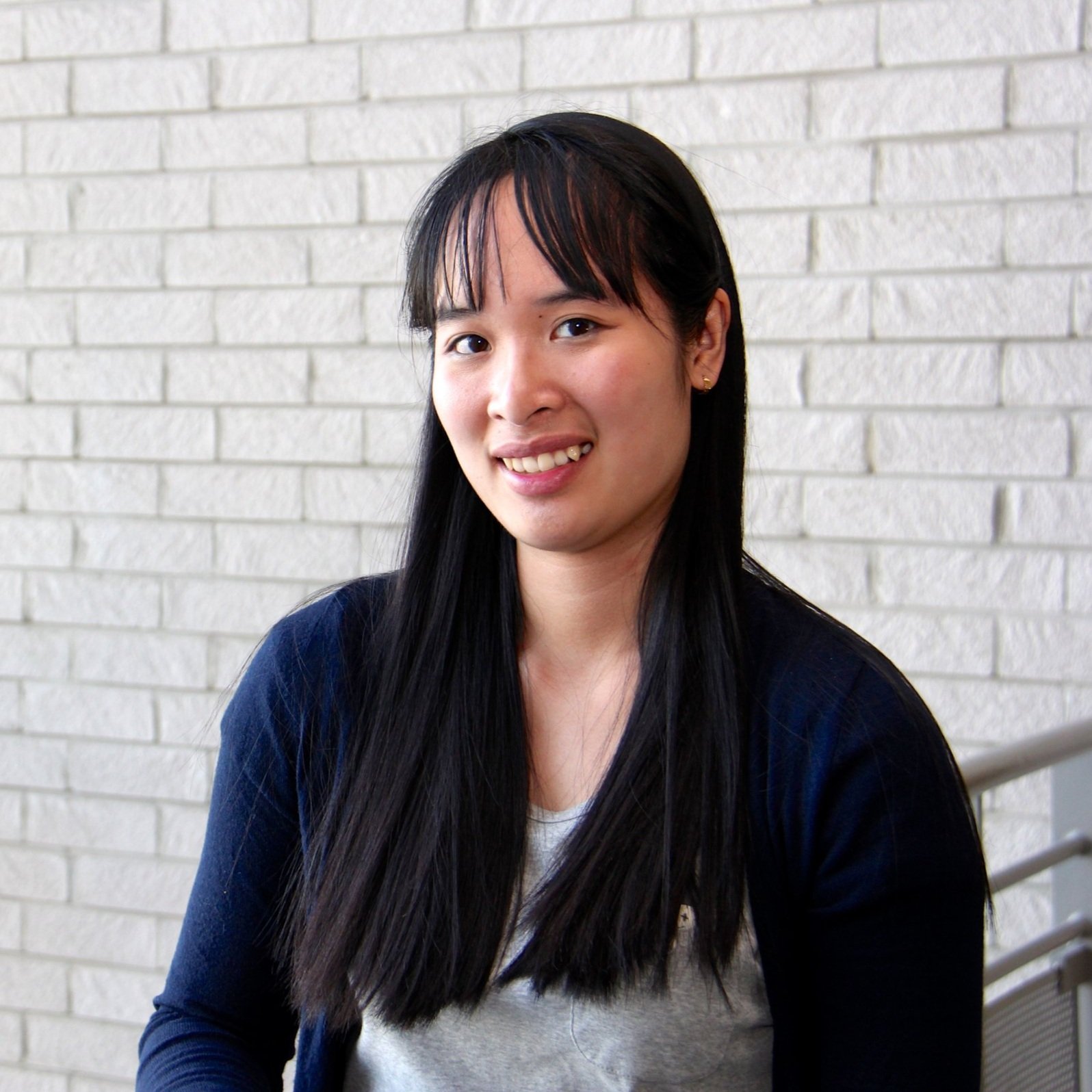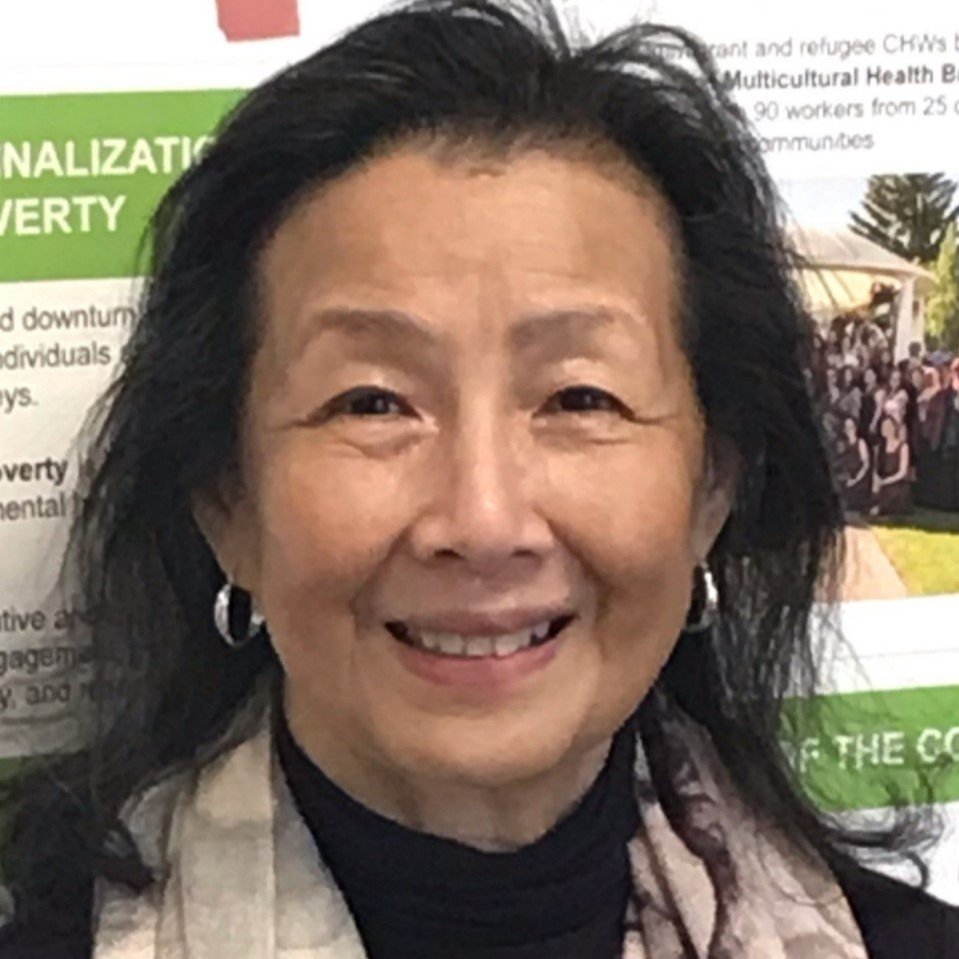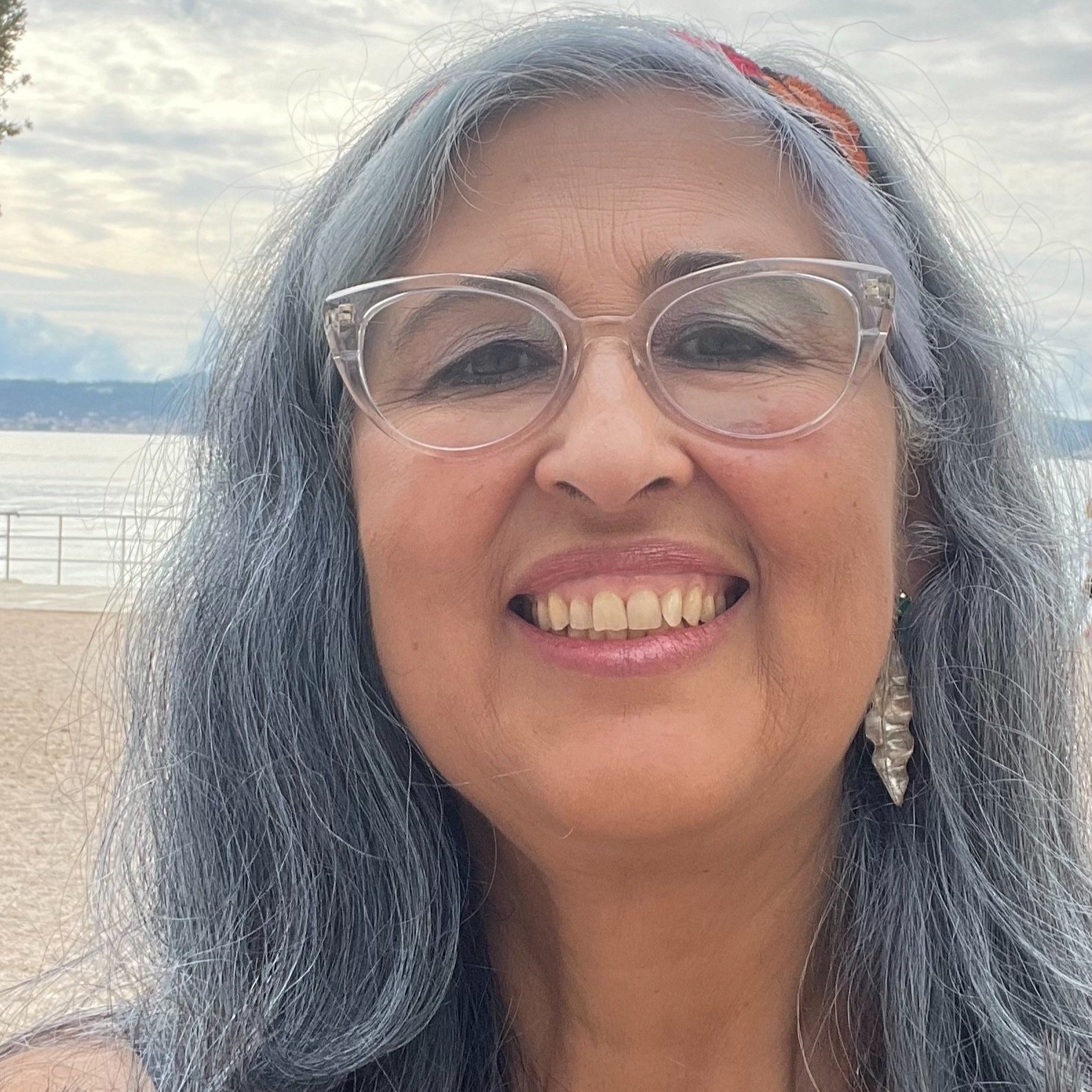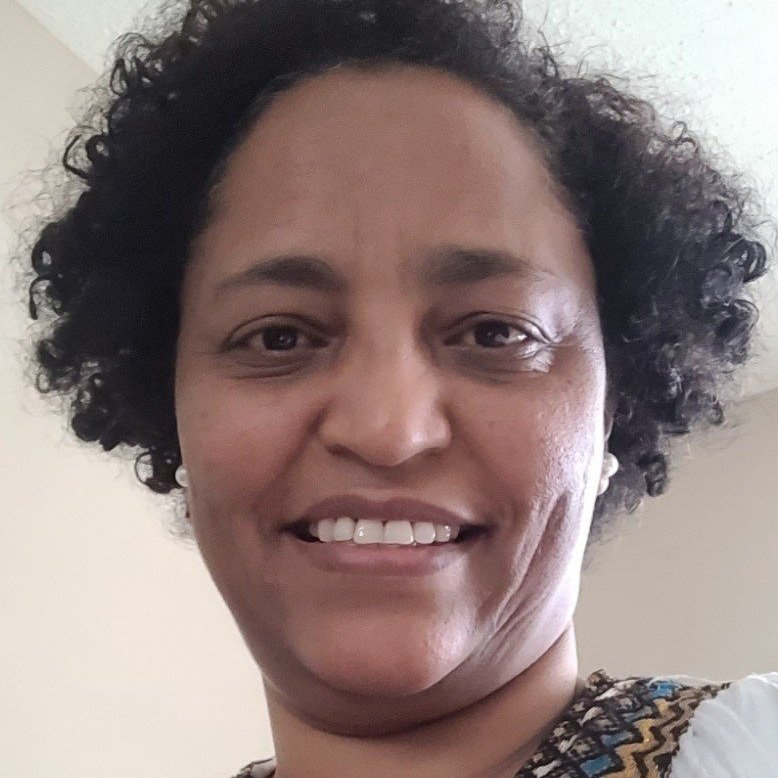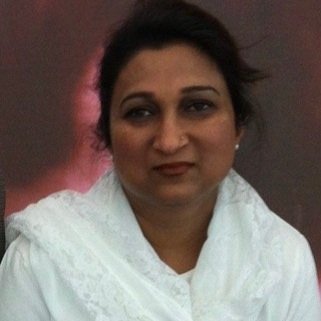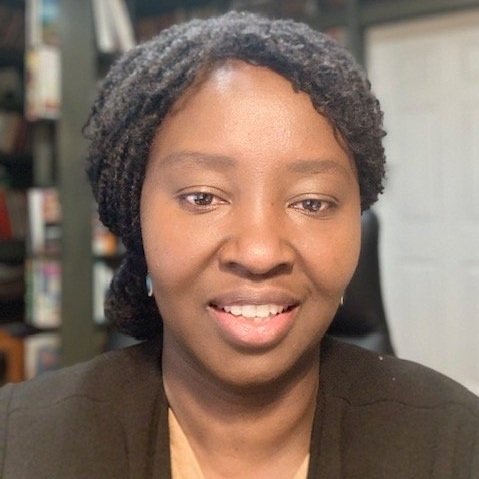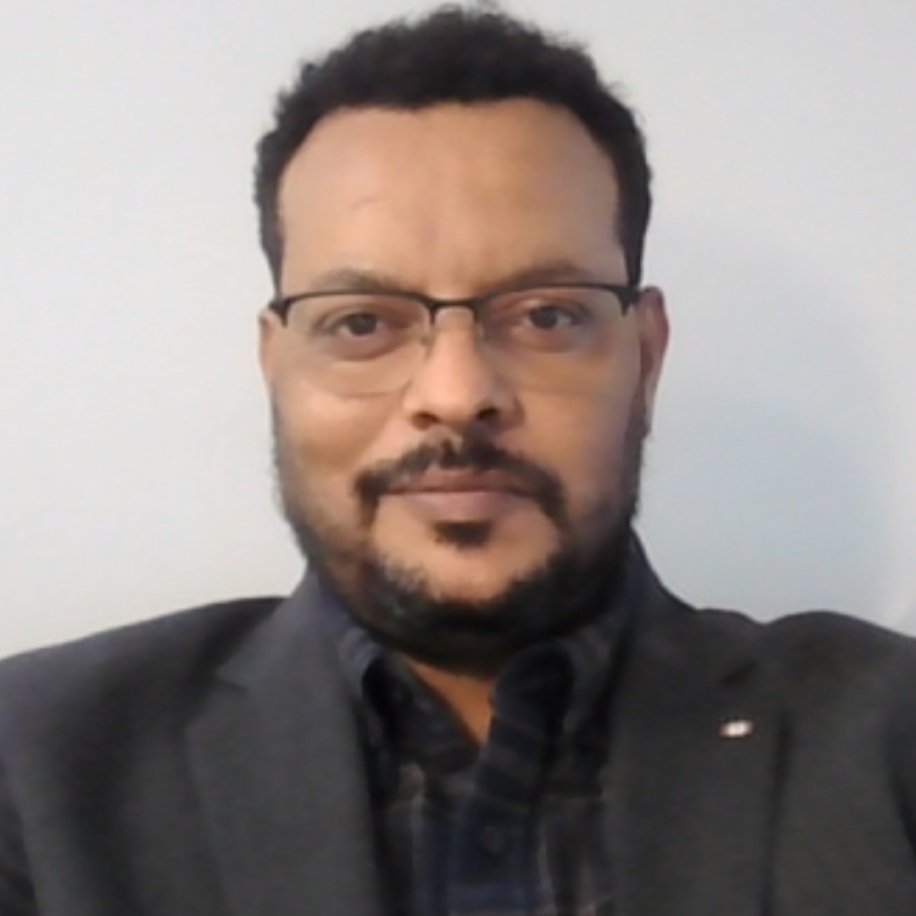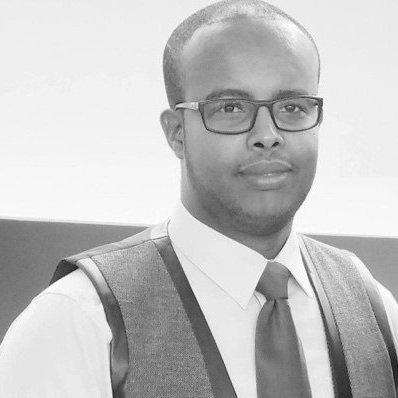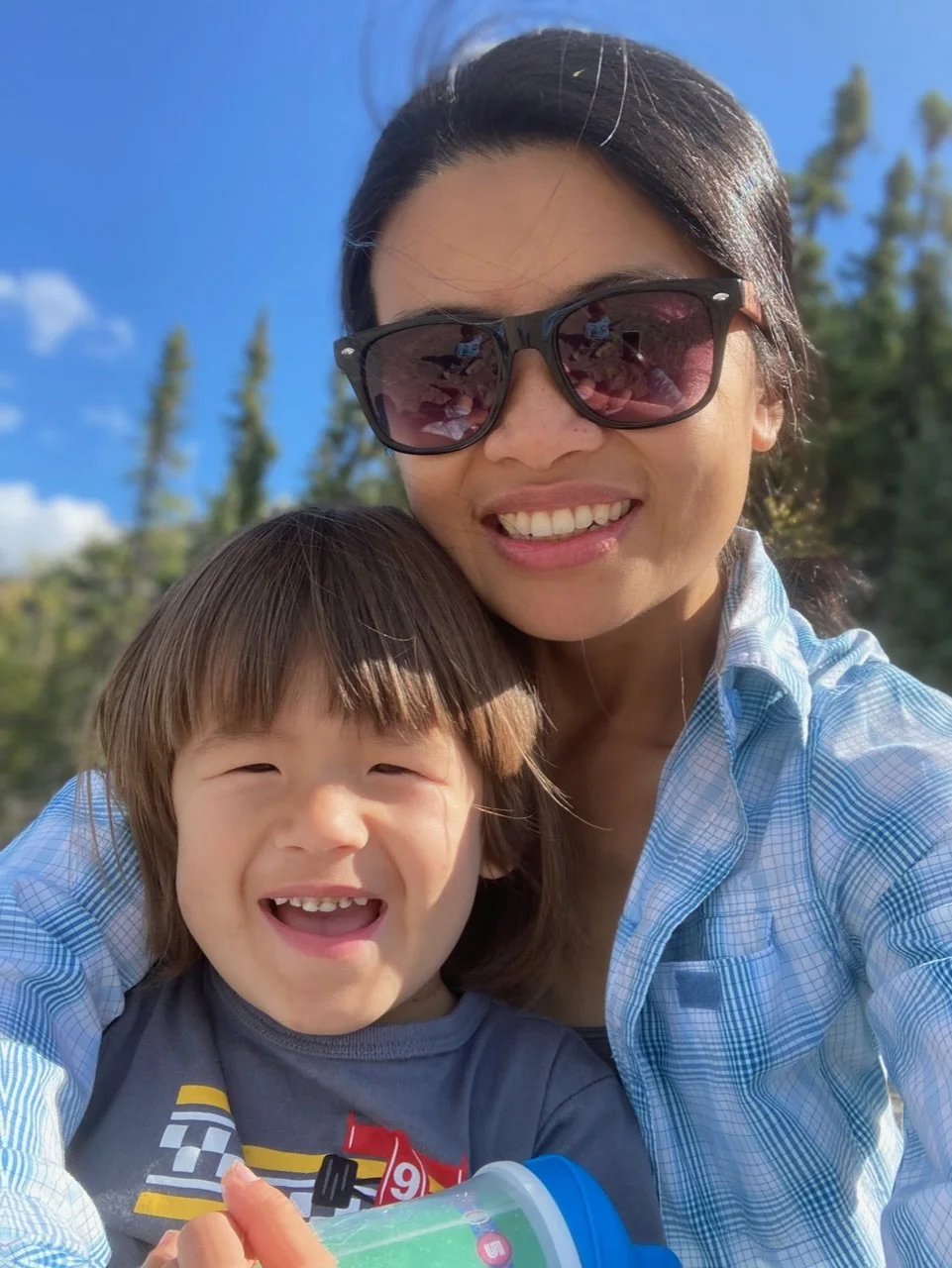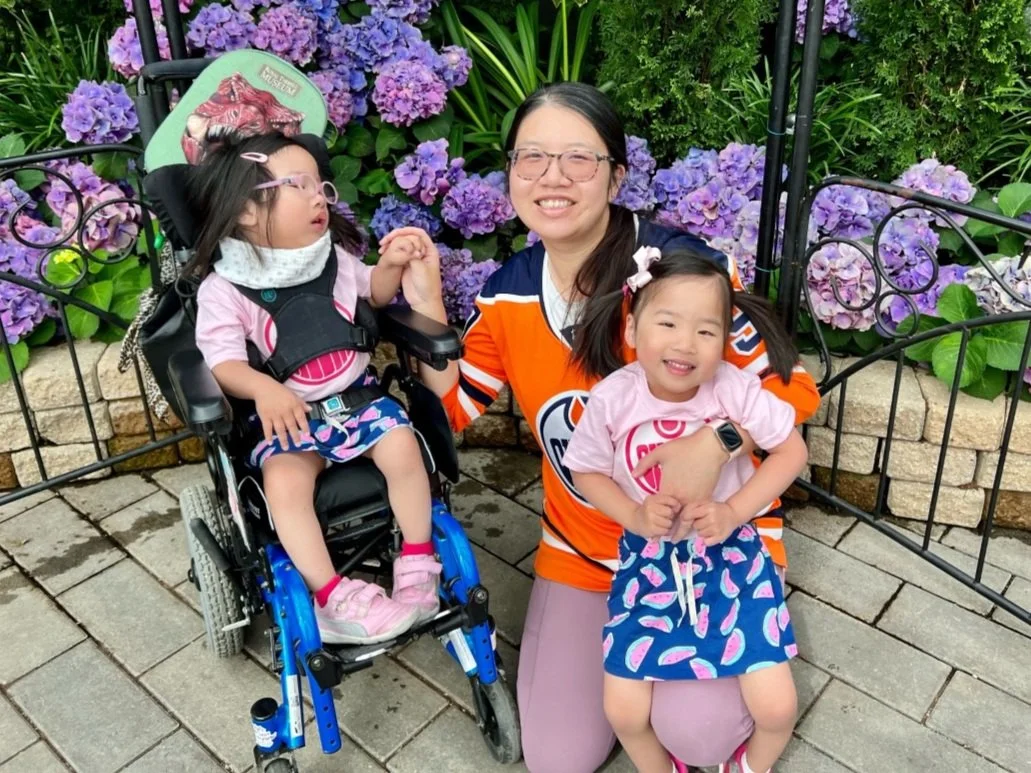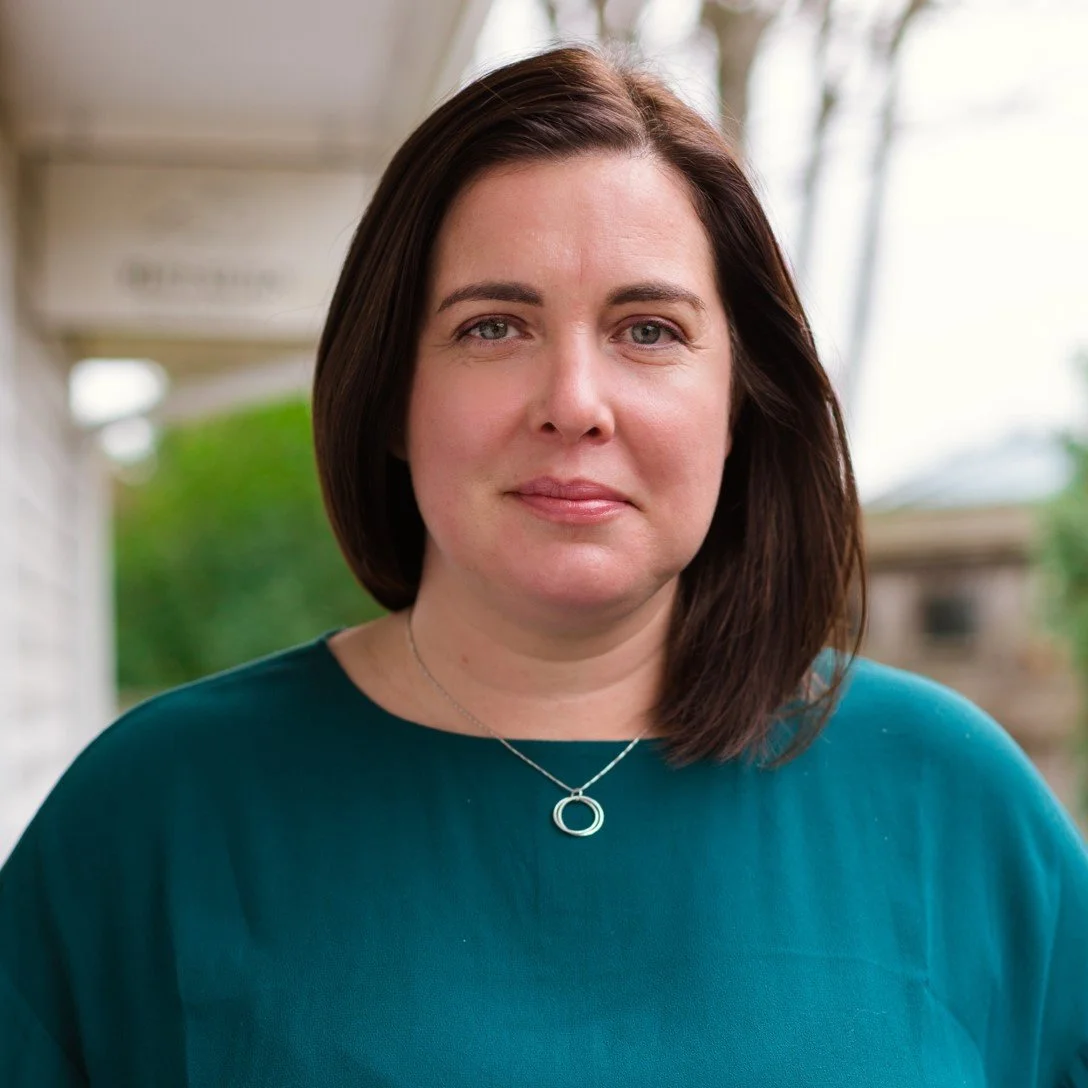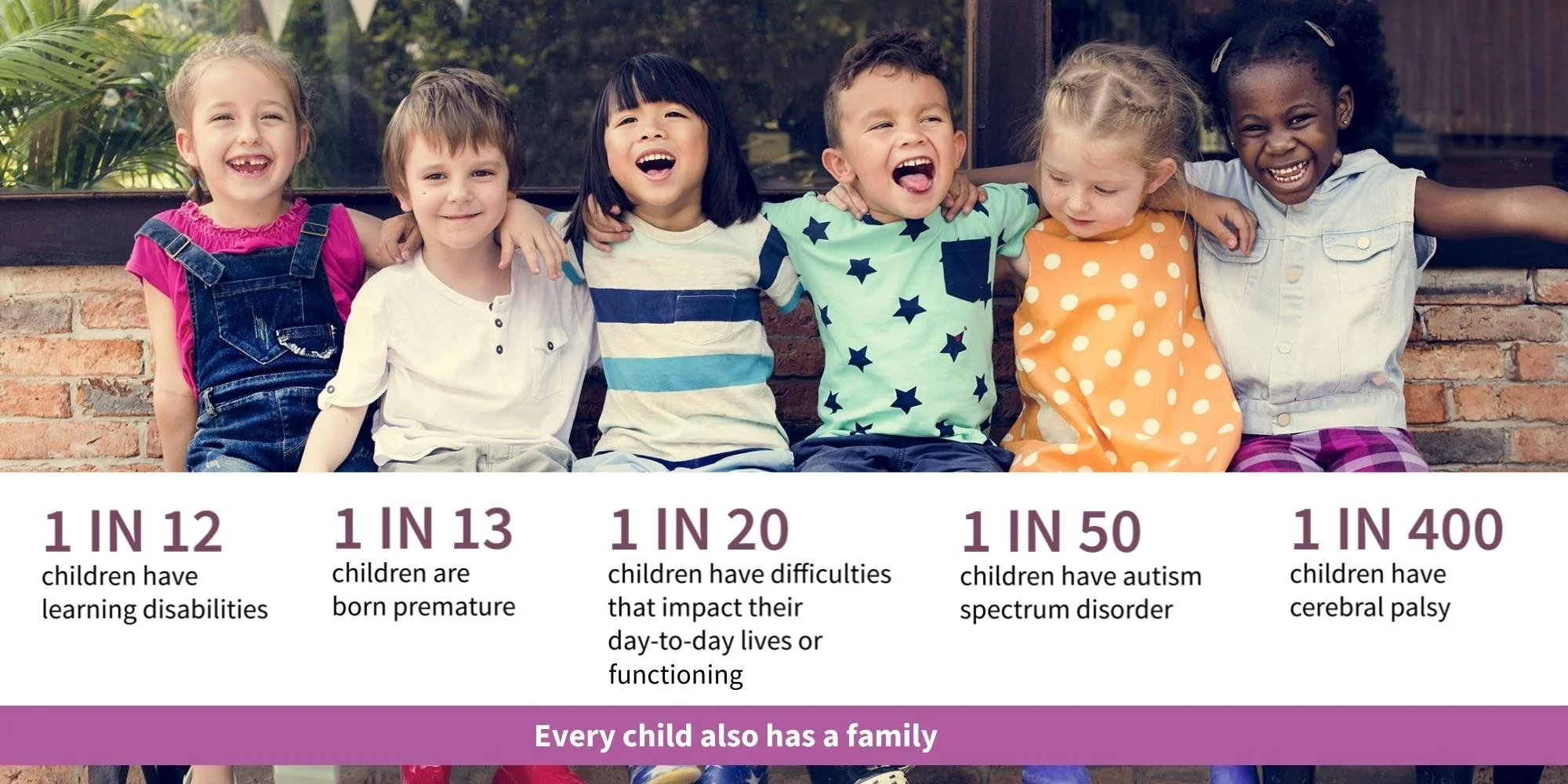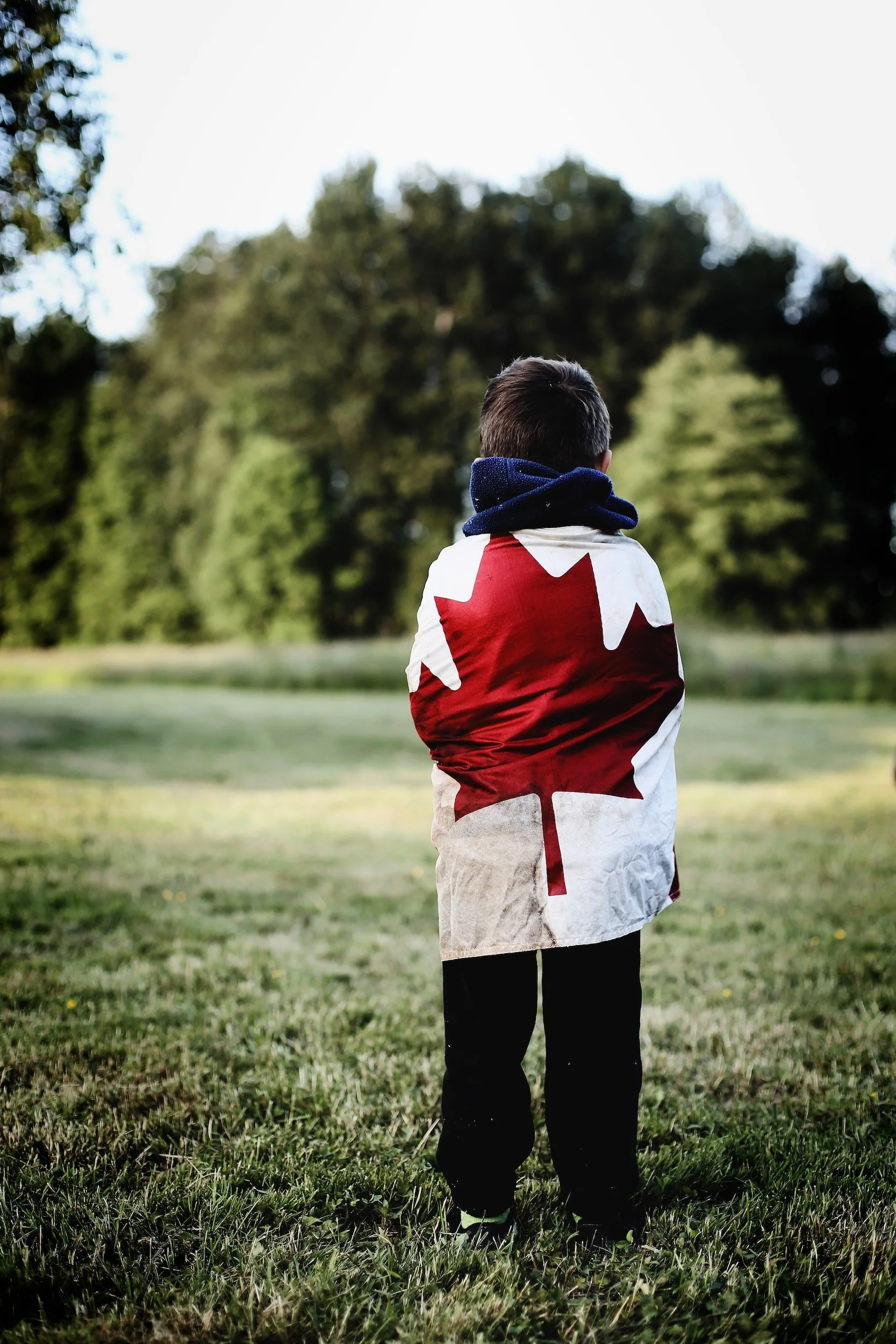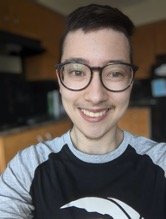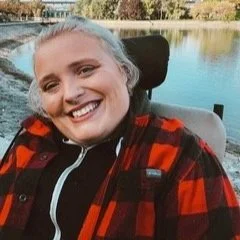We are pleased to announce the winners of the 2022 CHILD-BRIGHT Training Innovation Fund (TIF) competition!
The TIF facilitates innovative training initiatives that complement ongoing patient-oriented research (POR) activities focused on childhood brain-based developmental disabilities. For the 2022 TIF competition, we invited submissions related to the development of innovative tools and resources that develop capacity in the areas of knowledge mobilization, implementation science, or equity, diversity, inclusion, decolonization and Indigenization.
Congratulations to the three winning teams:
Implementation Science and Knowledge Mobilization bite-sized videos for beginners
Lead:
Carrie Costello, Parent Liaison, CHILD-BRIGHT Network, Patient Engagement Coordinator, Children’s Hospital Research Institute of Manitoba and University of Manitoba
Team members:
Onalee Garcia, Patient-Partner, Can-SOLVE CKD Network, youth with type 2 diabetes, Project iCARE
Shayna Quoquat, Patient-Partner, Can-SOLVE CKD Network, youth with type 2 diabetes, Project iCARE
Logan Wong, Patient-Partner, CHILD-BRIGHT National Youth Advisory Panel
Gillian Backlin, Patient-Partner, CHILD-BRIGHT National Youth Advisory Panel
Hans Dupuis, Patient-Partner, CHILD-BRIGHT National Youth Advisory Panel
Funding amount granted:
$10,000
Project timeline:
Sept 1, 2022 - August 31, 2023
Project summary:
The project team is co-creating a series of bite-sized videos in partnership with youth from CHILD-BRIGHT’s National Youth Advisory Panel (NYAP) and the Can-SOLVE CKD Network. These videos will enable researchers and patient-partners to have a shared understanding of the basic concepts of knowledge mobilization and implementation science with the aim of promoting more meaningful engagement as projects within CHILD-BRIGHT pivot towards Phase 2 priorities.
CEE you!: Critical Ethical Engagement of YOUth in patient-oriented research
Lead:
Sakiko Yamaguchi, Postdoctoral Fellow, CHILD-BRIGHT Knowledge Mobilization Program, McGill University
Team members:
Keiko Shikako, Researcher, McGill University, Co-Lead, CHILD-BRIGHT Knowledge Mobilization Program
Corinne Lalonde, Coordinator, CHILD-BRIGHT Citizen Engagement Program and National Youth Advisory Panel
Mathias Castaldo, Patient-Partner, CHILD-BRIGHT National Youth Advisory Panel
Shafniya Kanagaratnam, Patient-Partner, CHILD-BRIGHT National Youth Advisory Panel
Linda Nguyen, Postdoctoral Fellow, McGill University
Funding amount granted:
$10,000
Project timeline:
September 1, 2022 – August 31, 2023
Project summary:
This project team is co-creating a series of training modules with CHILD-BRIGHT’s National Youth Advisory Panel (NYAP). By exploring the perspectives and experiences of youth, these modules will create a better understanding of youth participation in patient-oriented research and enhance researchers' ethical engagement of youth with disabilities as partners.
Working with each other, our families and our communities: A guideline for partnered research initiatives that support immigrant and refugee families of children who are neurodiverse
Leads:
Rosslynn Zulla, Postdoctoral Associate, University of Calgary, Faculty of Social Work
Andrea MacLeod, Professor - Dept. Communication Sciences & Disorders, Faculty of Rehabilitation Medicine, Associate Dean - Faculty of Graduate Studies and Research, University of Alberta
Team members:
Yvonne Chiu, Executive Director, Multicultural Health Brokers Cooperative
Lucero Vargas, Bilingual Speech Language Pathologist, Multicultural Health Brokers Cooperative
Tsedale Aregawi, Health Broker, Multicultural Health Brokers Co-Operative, Parent of a child with a disability, Eritrean Society Autism Edmonton
Julie Zhu, Health Broker, Multicultural Health Brokers Cooperative, Chinese community with children with disabilities
Atiya Syeda, Registered social worker and South Asian broker, Multicultural Health Brokers Cooperative
Rispah Tremblay, Senior Manager, Settlement Services, Edmonton Mennonite Centre for Newcomers
Wubetu Biabeyin, Research and Evaluation Coordinator, Edmonton Mennonite Centre for Newcomers
Abdullah Ahmed, Program Coordinator – Complex Cases (Youth and Children), Enhanced Settlement Workers in Schools Program, Edmonton Mennonite Centre for Newcomers
Danielle Schulte, Program Supervisor, Immigration and Settlement Service, Catholic Social Services
Funding amount granted:
$9,960
Project timeline:
September 1, 2022 - August 31, 2023
Project summary:
This project team is creating a written and video guideline that will enhance the capacity of patient-oriented researchers who wish to work with immigrant and refugee families of neurodiverse children. This project will also help enhance patient-oriented researchers’ competency in broadening the impact of research findings in immigrant and refugee communities.
We received many high-quality submissions this round and thank all those who submitted a proposal!




